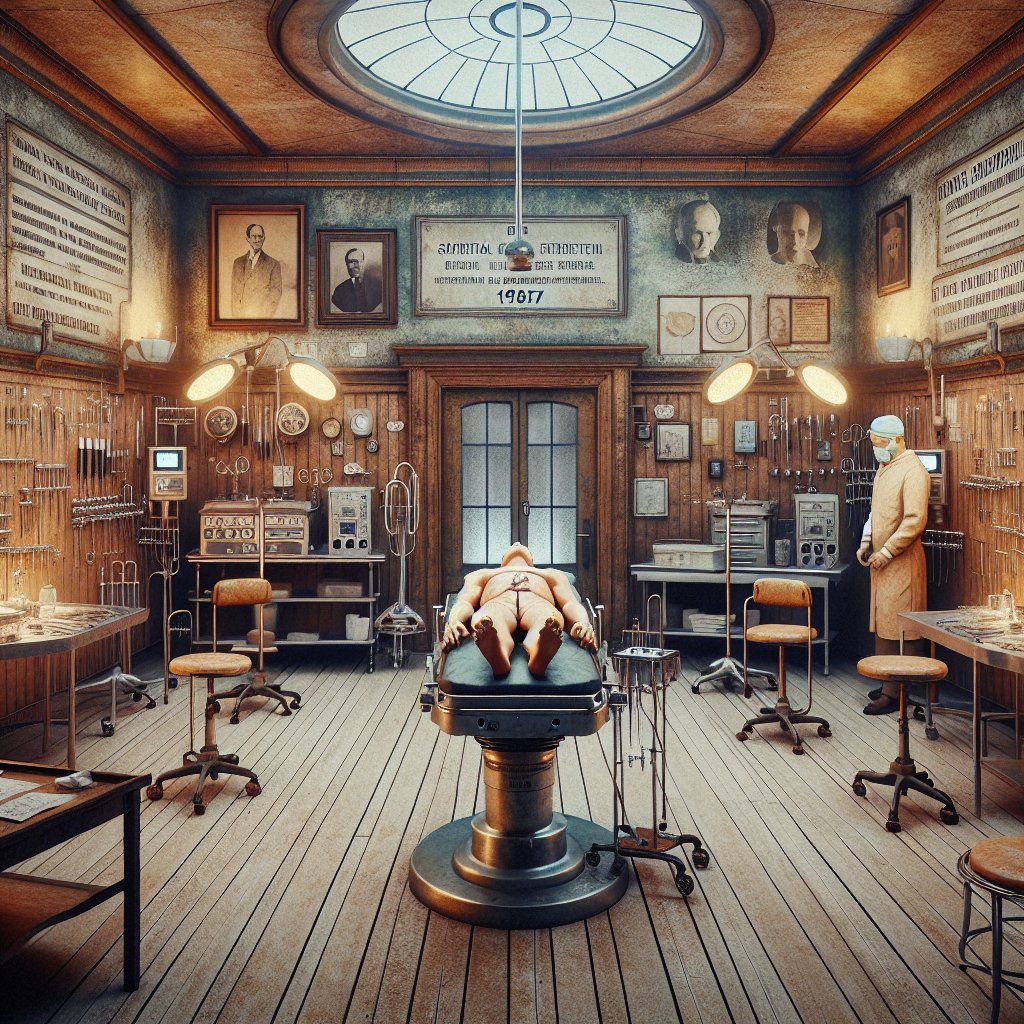Image created by AI
Uncertain Future for the Heart of Cape Town Museum
History resonates within the walls of the Old Main Building at Groote Schuur Hospital in Cape Town, where Dr. Christiaan Barnard pioneered the world’s first human heart transplant over half a century ago. Regarded as a landmark of medical innovation, the operating theatre remains encapsulated in the Heart of Cape Town Museum. This tribute to medical achievements comprises lifelike silicone figures, original surgical tools, and critical narratives of those involved in the 1967 breakthrough.
Advocate Hennie Joubert, the curator of Heart of Cape Town Museum, articulated his dedication to preserving the authenticity and spirit of the historic moment when first opening the museum's doors in 2007. His efforts led to a decade-long contract with the Groote Schuur Hospital Facility Board (GSHFB), later renewed for another ten years. Consequently, the museum has evolved into an educational hub for school trips and a treasure trove of medical heritage.
Despite its significance, the museum's continuity is jeopardized as GSHFB’s management agreement is set to expire on July 4, 2025, leaving the future of the museum uncertain. With the looming deadline, Joubert is contemplating relocating the collection, including to the Dr. Chris Barnard Museum in Beaufort West, though the preference is to maintain its current historic locale.
Complicating matters, the potential alteration of this former National Monument turned Provincial Heritage Site requires authorization from Heritage Western Cape. Per Ben Mwasinga from the South African Heritage Resources Agency, any proposed site alterations will necessitate a permit. Offers extended to Joubert by the GSHFB remain shrouded in ambiguity, alluding to a "hidden agenda" he’s yet to unravel.
Financial aspects also influence the situation, with the museum's monthly rental and utilities combined amassing to over R18,000. Clarity remains sparse from Groote Schuur Hospital on potential plans post-agreement yet underscores its policy to furnish adequate notice for tenants to make necessary transitions.
Discussions on the museum's destiny continue as GSHFB ponders its choices with the space. The Department of Health and Wellness reassures that an amicable resolution is sought, mindful of the museum as a private endeavor with no commercial ties to the hospital. Artifacts belonging to the University of Cape Town, currently on display, would return to university custody upon lease conclusion.
As business operations near a critical point, the Heart of Cape Town Museum holds steadfast to its mission of protecting and presenting a pivotal chapter in medical history. Whether it will remain at its birthplace or find a new home for its storied exhibits remains to be decided.










